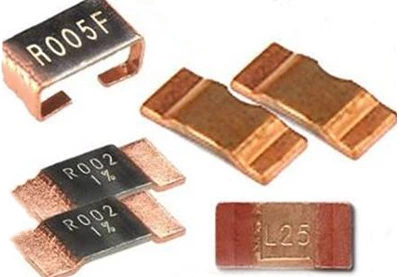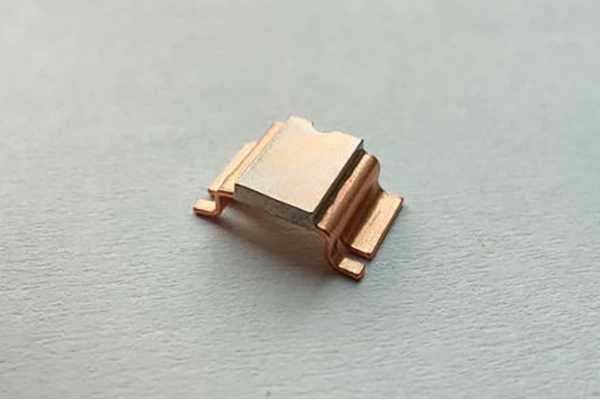Role of Metal Alloy Shunt Resistors in Battery Management Systems (BMS)
As electric vehicles (EVs) and energy storage systems continue to expand, Battery Management Systems (BMS) have become the core components that ensure battery safety, reliability, and performance. One of the most critical elements within a BMS is the shunt resistor, which provides precise current measurement essential for accurate monitoring and control.
Among all types of sensing resistors, metal alloy shunt resistors have become the preferred choice due to their exceptional stability, low temperature coefficient, and long-term reliability.

What is a shunt resistor?
A shunt resistor is a precision resistor designed to measure electric current by detecting the small voltage drop that occurs as current flows through it.
According to Ohm’s law (V = I × R), this voltage is directly proportional to the current, allowing accurate current sensing without interrupting the circuit.
Shunt resistors are widely used in:
- Battery Management Systems (BMS)
- Power supply and inverter circuits
- Electric vehicle control units
- Energy monitoring and smart metering systems
Their accuracy, stability, and low resistance values make them indispensable for real-time current measurement in both low- and high-power systems.
Why Current Sensing Matters in BMS
In a BMS, current measurement plays a vital role in:
- State of Charge (SOC) estimation
- State of Health (SOH) analysis
- Overcurrent and short-circuit protection
- Energy efficiency optimization
Accurate current sensing allows the BMS to balance battery cells, prevent overcharging or deep discharging, and maintain optimal performance throughout its lifetime.

Advantages of Metal Alloy Shunt Resistors
Compared to traditional materials such as pure copper or manganin film, metal alloy shunt resistors offer the ideal balance between precision and durability, making them a top choice for automotive and energy applications.
Key benefits include:
- Low Temperature Coefficient (TCR): Maintains resistance accuracy under varying temperatures.
- Excellent Long-Term Stability: Metal alloys resist oxidation and drift for consistent performance in harsh environments.
- High Power Handling: Designed to manage large current loads without overheating or degradation.
- Compact Design: Enables integration into high-density battery modules with limited space.
These properties make metal alloy shunt resistors an essential component for EV battery packs, hybrid systems, and stationary energy storage applications.
Design Considerations for BMS Applications
When selecting a shunt resistor for BMS current sensing, engineers should evaluate:
- Rated current and power dissipation
- Resistance value and tolerance
- TCR and thermal EMF characteristics
- Mounting type (surface-mount or bolt-on)
- Environmental durability (temperature, humidity, vibration)
Choosing the right resistor ensures accurate current data for BMS algorithms and reduces system calibration needs.